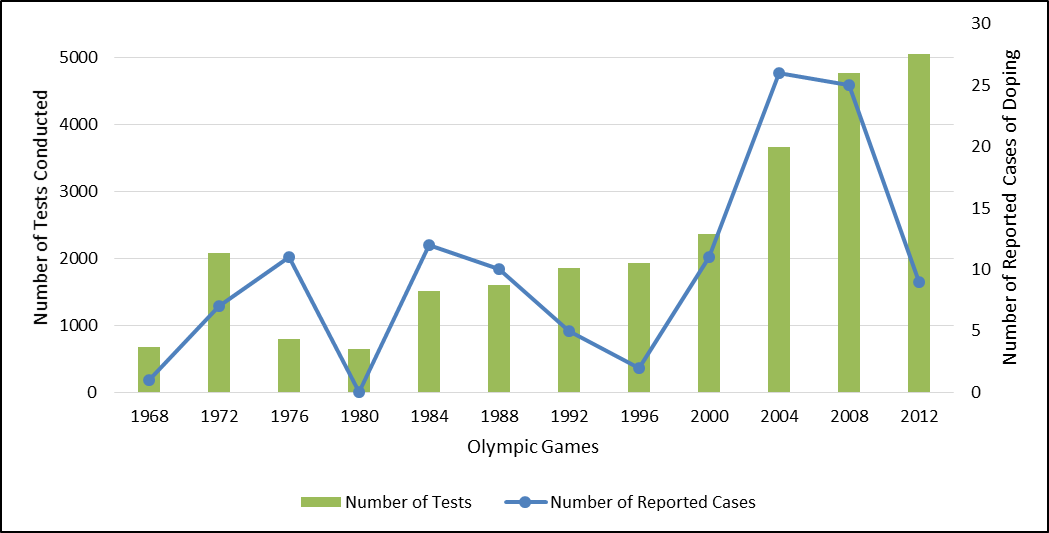Note that your final mark will not be saved in the system.
3.3 Ethical and sociocultural issues in physical activity and sport GapFill
You must fill all the gaps before clicking ‘Check Answers!’

Throughout sport, you will see players pushing the boundaries in order to improve their chances of winning. This win-at-all-costs attitude has led to many sports performers using the unwritten in sport to their advantage. However, regulations are in place to limit this so that sport remains fair and safe for all involved. Each sport has a set of rules that players must follow or else they risk being sanctioned or punished. This requires behaviour, which involves observance of the rules, spirit and etiquette of a sport. This show of respect promotes positive values in sport, such as respecting an opponent, accepting defeat in a constructive manner, and establishing friendships through competition. However, etiquette is not part of the written rules, and so some individuals may use this to their advantage to perform acts of behaviour, where rules are bent to one's advantage.
The pressure to succeed in sport will often result in performers taking this one step further by the laws of the game. This approach towards sports laws is known as sporting and differs from in that acts are penalised, such as fines and suspensions for performers using performing-enhancing drugs that are banned by the World Anti-Doping Agency. The reasons for participating in these acts mostly come from sources, such as unrealistic expectations of success set by fans, international bodies and sponsors. The performer mistrusts their ability to fulfil these expectations within the laws of the sport and so seeks prohibited means of success. They might also feel as though others are cheating and that they themselves must, therefore, 'level the playing field' by doing the same.
Acts of in sport refer to an individual's intent to cause physical harm to another. These are prohibited by the rules yet often are difficult to control, especially given the competitive nature of sport and the many things at stake. The pressure to might be a reason why someone would engage in this sort of behaviour. Retaliative and instinctive responses might also be another reason why individuals may become aggressive in the heat of the moment. For example, Marco Materazzi's comments to distract and aggravate Zinedine Zidane during the 2006 Football World Cup Final resulted in the French international being sent off after Zidane retaliated with a headbutt to the chest.